With the scorching summer temperatures, the last thing any driver needs is a vehicle breakdown due to overheating. So, why do cars overheat during the hottest days? Let's deep-dive into the matter.
1. Radiator Issues
The radiator is at the heart of your car's cooling system, playing a vital role in keeping engine temperatures at bay.
1.1. Radiator Leaks
Leaks can cripple your cooling system. A puddle beneath your car or decreasing coolant levels without evident reasons can signal this problem. Depending on the size of the leak, you might need a patch job or a full radiator replacement.
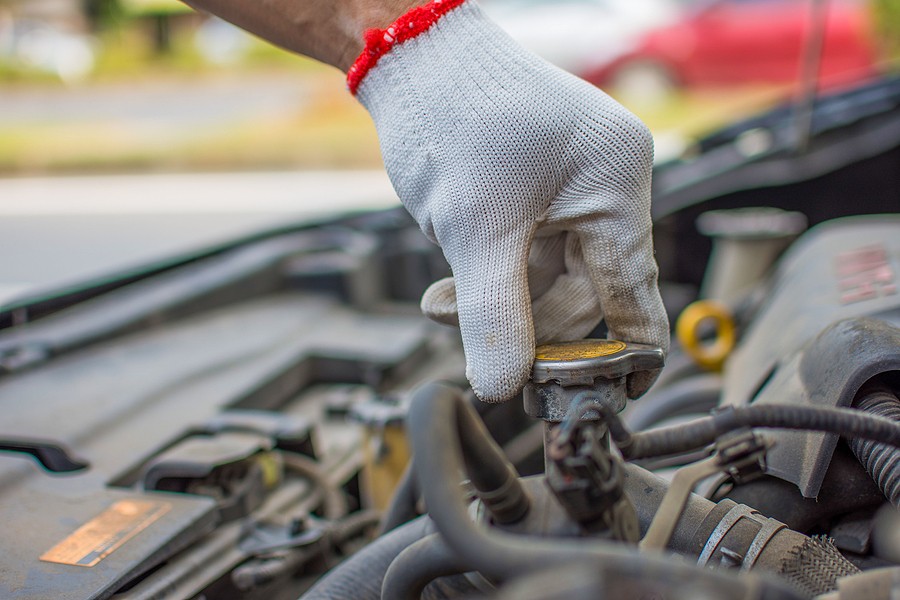
1.2. Clogged Radiator
Over time, the radiator can accumulate debris and contaminants. This buildup can obstruct the flow of coolant, causing the engine to run hotter than usual. Regular maintenance involves flushing the radiator to ensure a clear flow.
1.3. Radiator Fan Failures
Your radiator fan draws cooler air through the vehicle's radiator. When it malfunctions, especially during stationary periods like traffic jams, the result can be overheating. To diagnose, when your engine temperature rises, park safely and see if the fan is operational. If not, it could be a fuse, the fan motor, or the thermostat switch.
1.4. Faulty Radiator Cap
A simple, often overlooked component, the radiator cap seals the cooling system, maintaining a specific pressure. A damaged cap can release this pressure, causing the coolant to boil and leading to overheating. A periodic check can help in avoiding this pitfall.
2. Coolant Issues
Coolant, or antifreeze, is fundamental in managing engine temperatures.
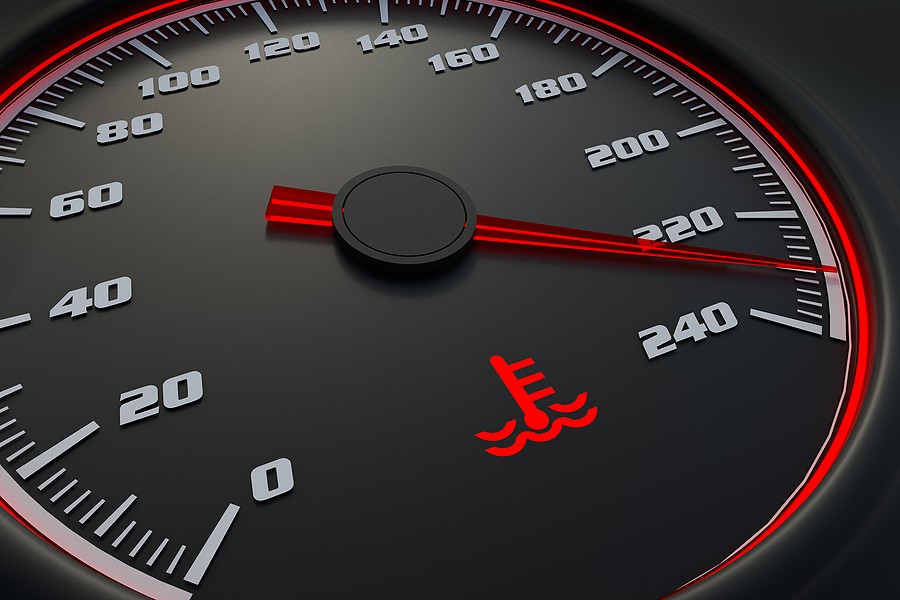
2.1. Low Coolant Levels
As the primary fluid circulating to absorb engine heat and dissipate it through the radiator, its adequacy is crucial. Ensure you're regularly topping up with the right water-antifreeze mixture.
2.2. Old Coolant
Like all fluids in your car, coolant has an expiry. As it ages, its heat absorption capability deteriorates. Regular changes, typically every 30,000 to 60,000 miles, can prevent this.
2.3. Using the Wrong Coolant
Each vehicle requires a specific coolant type. Mixing or using an inappropriate kind can lead to inefficiencies, corrosion, or even blockage in the cooling system. Always refer to the vehicle manufacturer's specifications.
2.4. Air in the Cooling System
When air intrudes the cooling system, it can create air pockets that obstruct the smooth flow of the coolant. Bleeding the system can release this trapped air, ensuring effective cooling.
3. Thermostat Issues
The thermostat acts as a gatekeeper for coolant flow.
3.1. Stuck Thermostat
A thermostat that doesn't open prevents coolant from entering the engine, causing temperatures to spike. If your vehicle heats up rapidly after starting, this could be the issue.
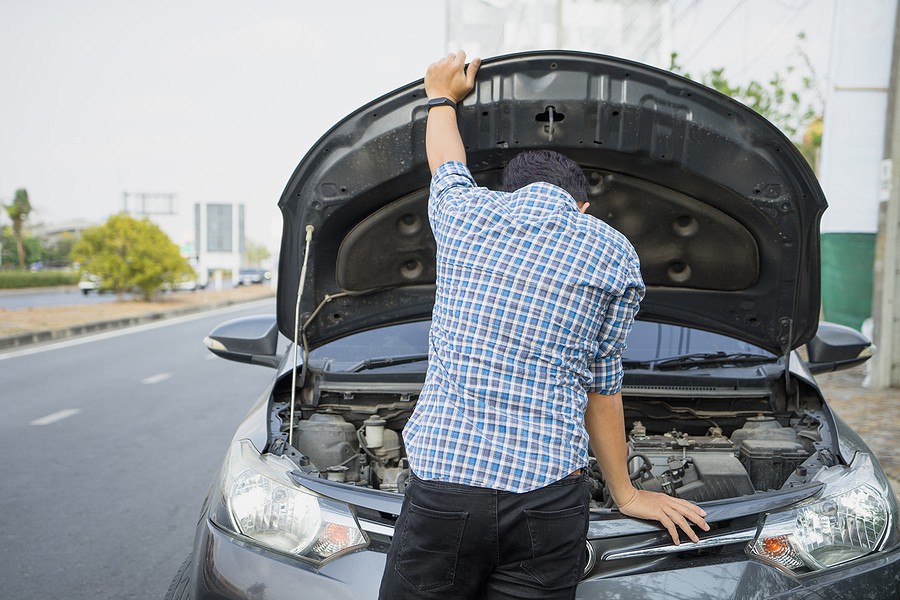
3.2. Faulty Temperature Sensor
A malfunctioning sensor might give false readings, making you think there's an overheating issue when there isn't, or vice versa. If your gauge fluctuates erratically, it might be time for a sensor change.
3.3. Delayed Thermostat Opening
Just as detrimental as a stuck thermostat, one that opens late can cause the engine to overheat due to delayed coolant release. Monitor your engine's warm-up patterns to diagnose this.
3.4. Incorrect Thermostat
Similar to using the wrong coolant, an inappropriate thermostat can play havoc with engine temperatures. Ensure it's the correct model for your vehicle.
4. External Factors
External conditions can compound overheating risks.
4.1. High Ambient Temperatures
Hotter conditions inherently challenge the cooling system. The external heat can cause the engine to overheat, especially if the vehicle's system is already compromised.
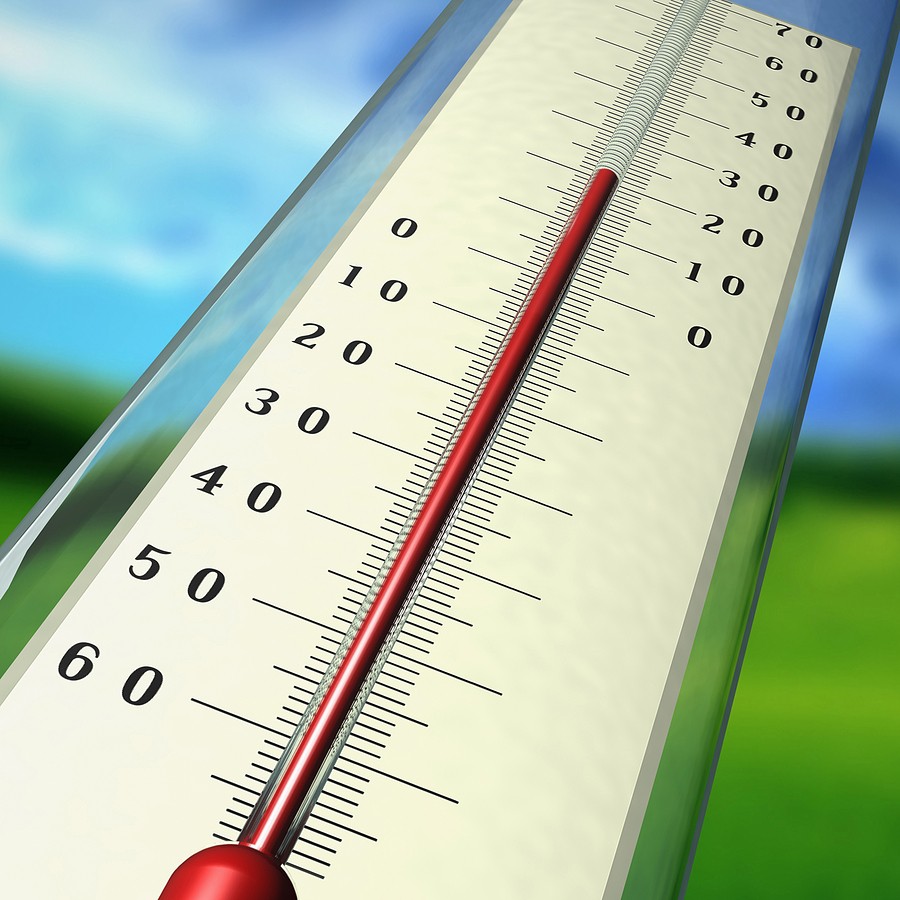
4.2. Stop-and-Go Traffic
Consistent movement aids in cooling. In traffic, the reduced airflow, coupled with consistent engine operation, can elevate risks.
4.3. Towing Heavy Loads
Extra weight demands more from the engine. If you plan to tow, ensure your cooling system is in prime condition.
4.4. Air Conditioning
While a blessing in the heat, the AC system increases the engine's workload. Being judicious with its use, especially during peak heat or when the vehicle is stationary, can be beneficial.
5. Mechanical Issues
Mechanical health is paramount.
5.1. Worn Out Belts
These belts ensure that components like the water pump operate correctly. A loose or worn-out belt can hinder the water pump's functionality, causing inefficiencies.
5.2. Failed Water Pump
The water pump circulates coolant. If it fails, the coolant stagnates, and overheating ensues. Periodic checks can avert this.
5.3. Blown Head Gasket
This is one of the more severe causes. Symptoms include white smoke from the exhaust and bubbling in the radiator or coolant reservoir. Immediate professional attention is required.
5.4. Oil Levels
Oil lubricates, reducing friction and heat. Maintaining optimal oil levels and ensuring its quality can avert overheating.
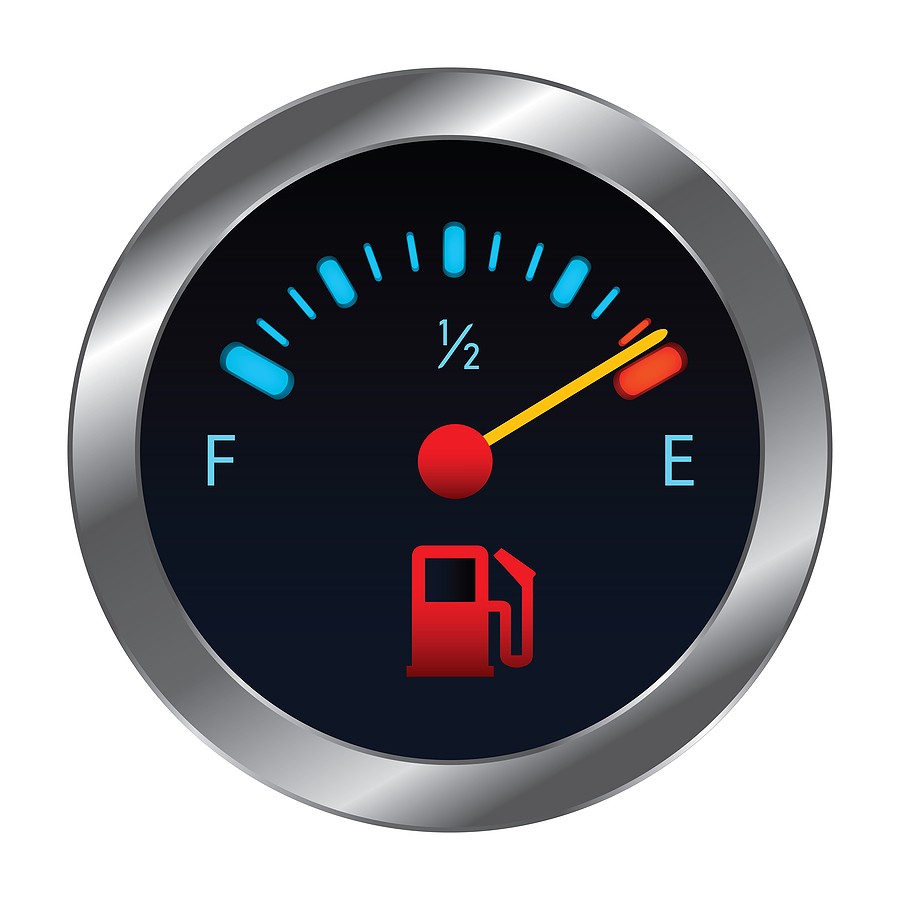
6. Electrical Issues
Modern cars are replete with electronics.
6.1. Faulty Sensors
Electronic sensors monitor various engine parameters. Faulty ones can give incorrect readings or even affect component functionality.
6.2. Failing Electric Fans
For vehicles with electric radiator fans, these must kick in when required. Regular tests, especially during summers, can prevent overheating mishaps.
6.3. Faulty Wiring
Damaged wires can impede component operations, including fans and pumps. A thorough inspection can identify and rectify issues.
6.4. ECU Malfunctions
The Engine Control Unit manages various engine operations. Keeping it updated and ensuring it's in top shape is crucial.
7. Preventative Measures
Prevention is better than cure.

7.1. Regular Maintenance
Adhering to service schedules ensures components are checked, fluids replaced, and potential issues diagnosed early.
7.2. Drive Carefully in Hot Weather
Adapting driving habits, like avoiding sudden accelerations, can reduce strain on the engine.
7.3. Park in the Shade
It's a simple measure that can make a significant difference.
7.4. Stay Informed
With the plethora of online resources, keeping abreast of common issues with your vehicle model can be invaluable.
The summer heat is inevitable, but vehicle overheating isn't. With diligent care and maintenance, you can ensure that your drives remain smooth, even in the hottest months.



